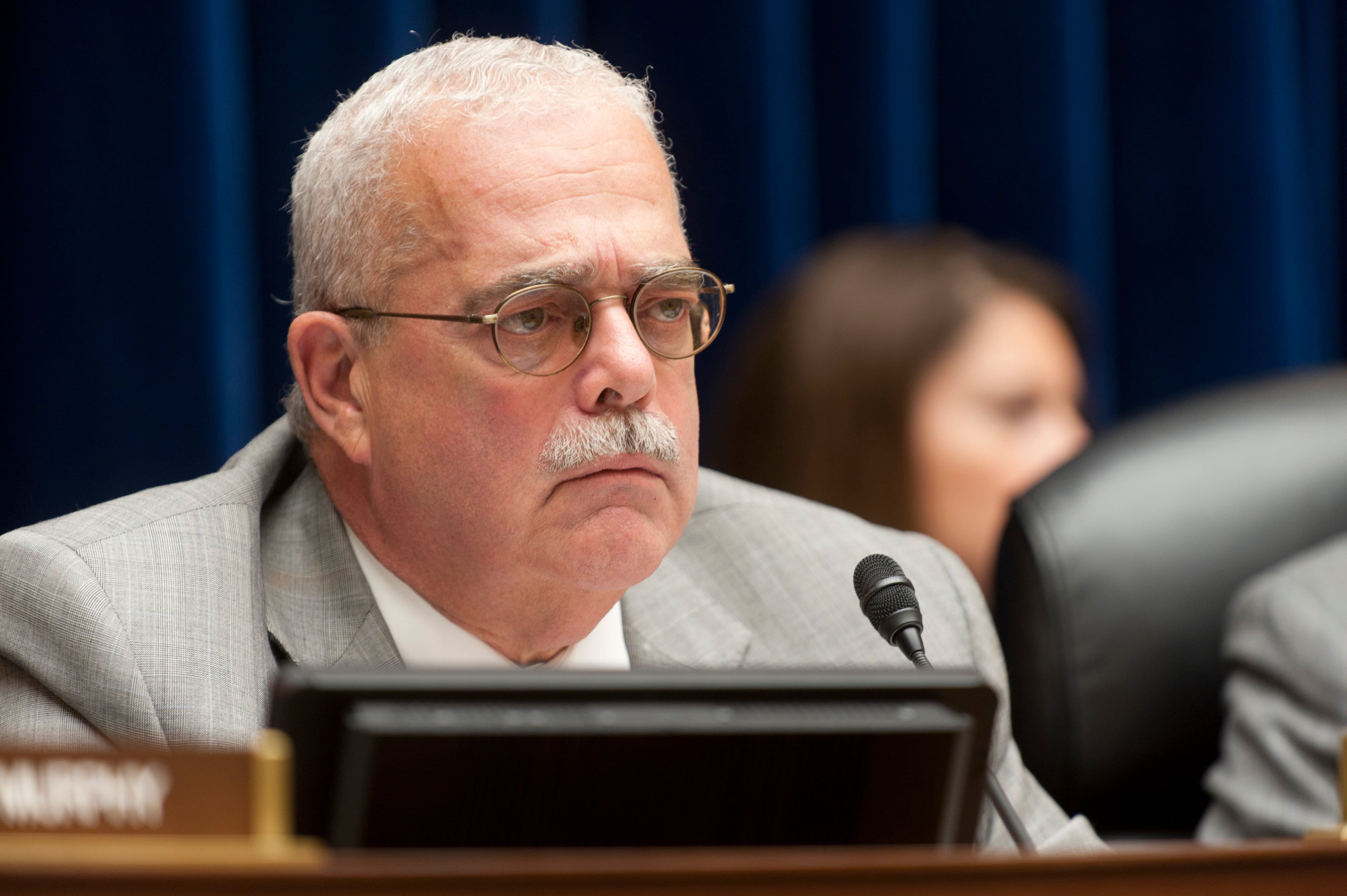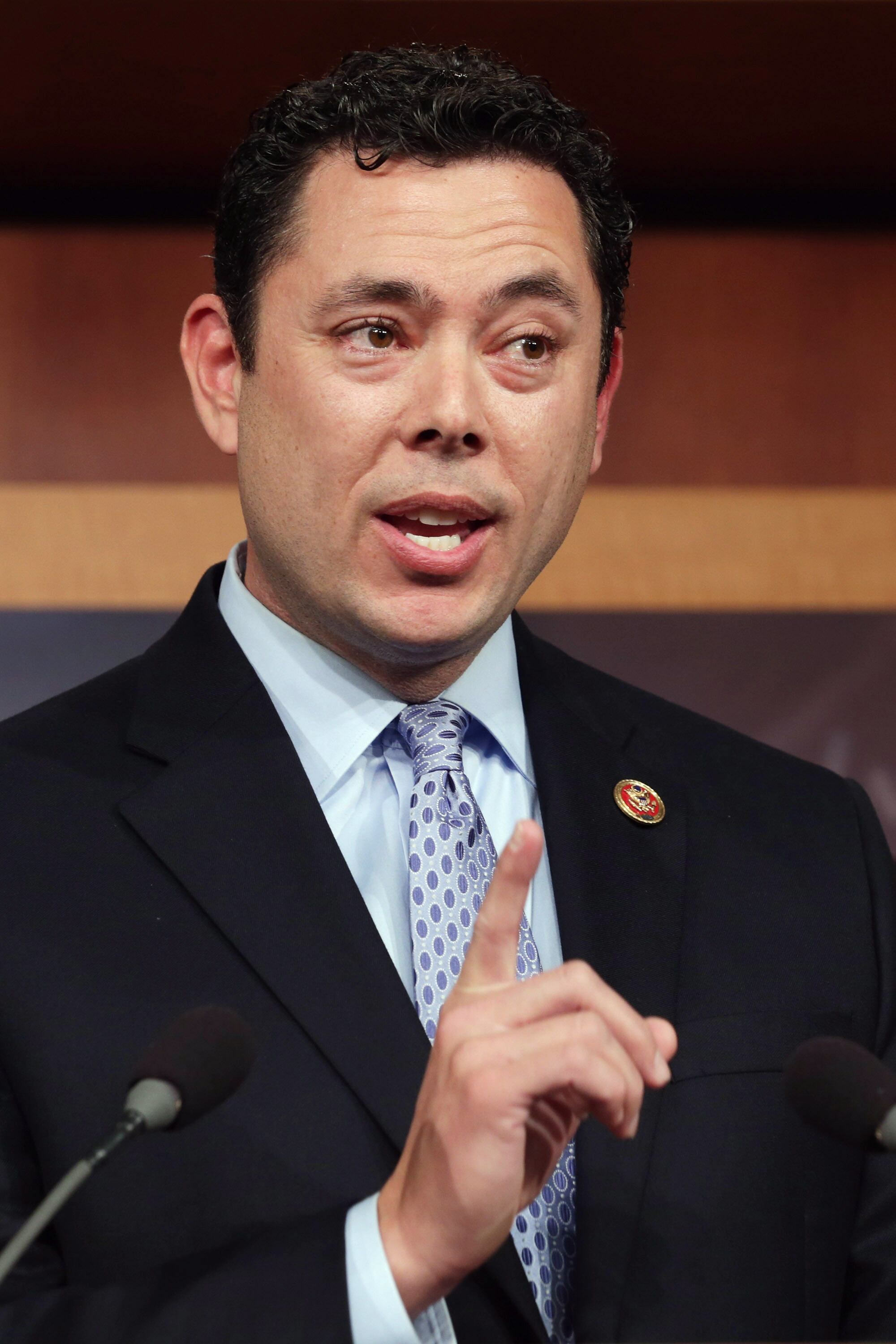Over the last few years federal employees have weathered attacks — some successful — on their pay, benefits and job protections. But as the new Congress kicks into gear, lawmakers want to take another crack at reforming the civil service, and feds should brace for more changes.
Rep. Jason Chaffetz, R-Utah, the new chairman of the House Oversight and Government Reform Committee, said he will look at reforming all aspects of the federal workforce, from hiring and firing authorities to pensions and pay.
"We have jurisdiction on the federal workforce and there is no doubt we are going to bring that up," Chaffetz. "From soup to nuts: Everything from how we hire them on the back end to how we pay them out in the retirement system."
You Tell Us: What civil service reforms would you like to see?
One of his top priorities: Giving agencies more flexibility to fire poor performers and bad actors. Agencies must be able to more quickly fire employees who break the rules, he said.
"We have a very small subset of people who are doing horrendous things and taking advantage of the system. Management has got to be able to dismiss those people," he said.
A Republican-controlled Senate also means that legislation has a better chance of passing Congress, Chaffetz said, and he plans toon pushing legislation addressing federal civil service issues through Congress.
He said he would like to work with unions and other groups to figure out common sense ways to reform civil service issues, and fix what he called an antiquated government management structure.

Rep. Mark Meadows (R-NC), says federal employees should be fairly compensated but held accountable.
Photo Credit: Drew Angerer, Getty Images
Federal employee pay is also outdated, Chaffetz said, because personnel costs and salaries are not in line with what it takes to hire good people.
"IT specialists need to make more than some of their grades allow them to make," Chaffetz said. Civil service reform proponents are finding allies in federal officials, who want greater flexibility to deal with their workforces and pay their employees.
Rep. Mark Meadows, R-N.C., the chairman of the subcommittee overseeing the federal workforce, said his focus will be on making sure federal employees are fairly compensated while being held accountable.
He said recent news accounts of some federal employees behaving badly have painted all employees unfairly and that Congress should make sure to restore public confidence in the federal workforce.
"It is a Herculean job that we must embark on," Meadows said. "How do we make sure that the people who do the best jobs get compensated the best and are treated fairly?"
The current system that federal employees operate under is unfair to hard-working and productive federal employees, Meadows said, and while agencies need to be given the tools to hold bad employees accountable, those who do good jobs need to be recognized as well.
"The ability to terminate fairly is something that we must address and it's something that the American people expect," Meadows said.
As Congress kicks into gear, Meadows believes the committee will be working on legislation for at least some parts of civil service reform.
"I would be very surprised if there were not a number of legislative initiatives and certainly, as a subcommittee chairman, I am prepared to be very proactive," Meadows said.
Outgoing Postmaster General Patrick Donahoe has called for an end to the defined-benefit pension system currently in place and instead shift gradually to a 401(k)-style retirement policy. He said Postal Service reform could also serve as a precursor to governmentwide civil service reform.
"I would encourage Congress to view the Postal Service as a test bed or laboratory of change that might be applied to the rest of the federal government," Donahoe said.

Rep. Gerry Connolly, D-Va., sees a chance to enact 'substantive civil service reforms.'
Photo Credit: Rob Curtis/Staff
He said agencies need to be be able to control costs and plan for the future while getting the flexibility to experiment without rigid workforce rules and he said the Postal Service could be at the forefront of that change.
"In today's world, does it really make sense to offer the promise of a government pension to a 22-year-old who is just entering the workforce? And how reliable is that promise?" Donahoe asked. "I'd like to see the Congress encourage much more experimentation at the federal level. "
Other lawmakers are hopeful for positive reform but are worried about legislation that could weaken the civil service or tear down vital protections and benefits.
Rep. JohnGerry Connolly, D-Va., said if Chaffetz and other Republicans on the committee embrace cooperation and compromise there is a "real chance to enact substantive civil service reforms that enhance the hiring process and empower our civil servants to be rewarded for innovating and improving program delivery."

Photo Credit: Andy Medici
"If past performance is a leading indicator of future actions, I would be disappointed, though not shocked, if the majority resumed its efforts to scapegoat rank and file civil servants in the course of conducting partisan witch hunts designed to score political points at the expense of effective government," Connolly said.
There will also be a rush in Congress to expand govenrmentwide the Veteran Affairs Department's recently acquired authority to more quickly fire senior executives, Connolly said.
Sen. Jon Tester, D-Mont., said while Congress needs to boost recruitment and retention of a quality federal workforce, too many politicians use federal employees as a punching bag during budget season.
"I'm concerned that worker pay, benefits and protections could be at risk in this new Congress. That's why I'll continue to work on policies that ensure public service is a desirable career that allows folks to make a difference for America, while also holding them accountable for their work," Tester said.





